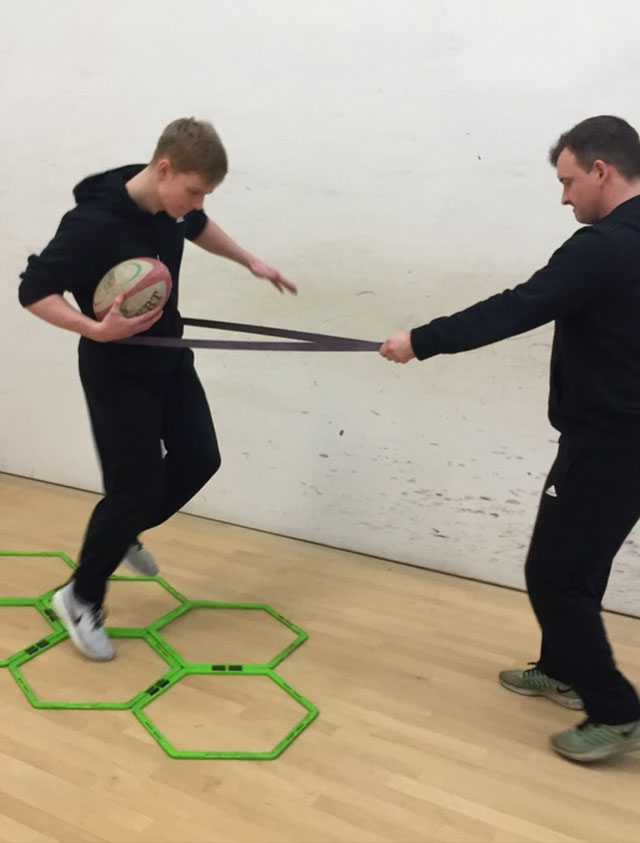Revitalising Your Training with Strength Workouts: Beyond Just Running
Identifying the Need for Strength Training
If your training feels monotonous, if you’re experiencing frequent minor injuries, or if your improvement has plateaued, it’s likely that strength training is missing from your routine. While many runners focus on techniques like long-distance running, hill workouts, and interval training, these methods have their limits in improving speed due to muscle imbalances caused by running.
Understanding Muscle Imbalances and Injury Risks
Running often leads to overused muscles becoming tight and strong, while underused muscles weaken. This imbalance can result in injuries. For instance, tight hip flexors and weak glutes are a common problem among runners. Strength training helps in rebalancing these muscles, enhancing core stability, and preventing injuries.
The Role of Strength Training in Enhancing Speed
World-class runners like Paula Radcliffe incorporate strength training at least three times a week, focusing on key muscles around the ankles, hips, and knees. The adaptations from strength training, whether increased muscle mass, improved endurance, or power, depend on the Frequency, Intensity, Time, and Type (FITT principle) of training.
Breaking Through Plateaus with Strength Training
After reaching a certain point in running efficiency, the only way to further increase speed is by boosting the force produced in each stride. Strength training plays a crucial role in this by increasing the force production in your legs and the rate of force development, enhancing your running economy.
Choosing the Right Type of Weights: Free Weights vs. Machine Weights
Deciding between free weights and machine weights is important. While machines are user-friendly, they often involve isolated movements, unlike the integrated pattern of running. Free weights require more skill but offer better joint stabilisation and core strength development, crucial for improving proprioception.
Key Strength Exercises for Runners
Squats and lunges are excellent exercises for runners. They work on large muscle groups and mimic running movements, strengthening the hips, knees, hamstrings, glutes, and deep abdominal muscles. These exercises require significant core strength and contribute to a more effective running form.
Getting Started with Strength Training
If you’re unsure about how to incorporate strength training into your routine, our classes at Accelerate Coaching can guide you. We offer personalised training sessions, both in-person and via Skype, and currently have a special 50% off deal. For more strength training advice, feel free to contact us.





